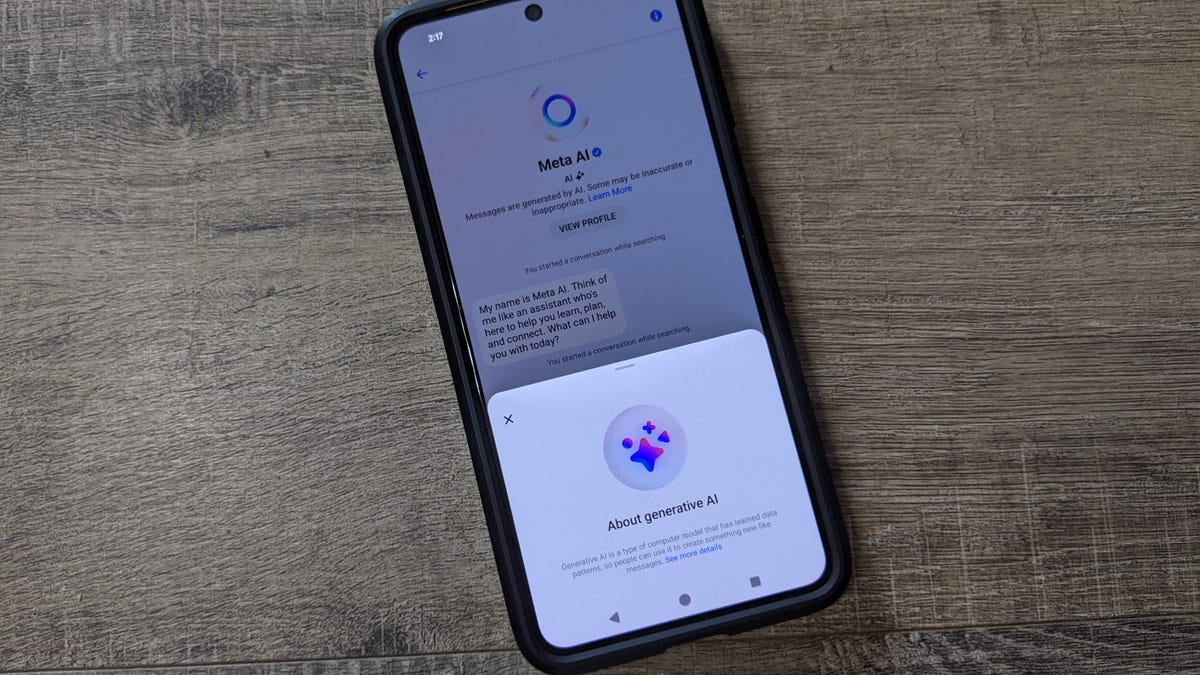The AI age is creating some interesting new job roles for technology-focused individuals, but don’t throw out those tried-and-true coding and integration skills just yet. Rather, AI may make what is considered “traditional” technology activities move faster and more productively.
AI is at the core of many evolving technology roles, of course.
“Currently, we are seeing a high demand for AI-focused roles,” says Yusuf Tayob, group chief executive of Accenture Operations. That creates an ongoing need for training both within and outside of IT departments, he says. “For example, at Accenture, 600,000 of our people to date have received training on the fundamentals of AI, and we’re also training people to work effectively with AI-infused processes and use AI equitably and without bias.”
Industry leaders advise becoming familiar with the range of opportunities that working with AI offers. “It’s a great time to gain skills that will help companies make decisions about how to integrate and apply AI, and how to make it sustainable,” says Gill Haus, chief information officer at JPMorgan Chase. “We’ll see an increase in jobs on AI, ML, and generative AI, but we also will see how AI will make existing roles more effective and efficient by removing tedious tasks.”
Along with boosting current tasks and roles, new types of jobs are emerging, says Brian Lanehart, president, CTO, and co-founder at Momnt. “All tend to have something to do with data, data exploration, and data analysis. I think we’ll see more job titles that emphasize data-focused roles, seeking employees who are well-versed in the latest AI tools and technologies. For example, there may be someone on the product team who understands ChatGPT for more efficient user interfaces.”
Lanehart adds: “People in this field must be comfortable using Copilot to code faster and more efficiently, Looking ahead, there are other tools coming out that will allow a solutions architect to describe a problem — or even an idea for how to solve a problem — to an AI platform, and it will produce an elastically scalable and implementable diagram.”
It’s not just the ability to build AI applications, but also use AI-based tools to perform and deliver their work.
“We seek engineers who are using AI in their daily roles and can effectively use such tools to make the quality or efficiency of the team increase,” says Lanehart. “That depth of understanding and usage are what will differentiate mid-level engineers from more senior roles.”
Still, employers are looking beyond what were once steadfast technology skills. “The modern skillset that we are recruiting for is vastly different from what we used to want,” says Lanehart.
Before, the criteria for tech hiring was, “Can the person code in Python? Can they commit their code? Can they pull their code?” Lanehart relates. “Today, we want to know whether they can use a Copilot-type tool to improve code or code faster and more efficiently. We want teams to use AI tools to help generate various test cases. We want quality assurance engineers to use AI to evaluate more thoroughly.”
A combination of business and basic technology skills is critical to employers. “Don’t write off coding skills, mobile, digital, backend, machine learning — they all will continue to be in demand,” says JPMorgan Chase’s Haus. In addition, skills in demand include “data, cloud computing, software engineering, customer experience and digital design and product management. AI and gen AI will require more of those skills.”
Working in the AI era also calls for tried-and-true business and career skills, such as “curiosity, collaboration, and a focus on solving customer problems,” Haus continues. Chase’s practice, he adds, is to “hire technologists with software engineering experience.
But you don’t need a four-year computer science degree to get a job in software engineering at Chase. “We value many different skills, including determination, resiliency, and adaptability, Haus says. “We celebrate past experiences that broaden our team’s ability to create solutions that meet the unique needs of our customers.”
Importantly, AI alone cannot deliver solutions — that’s up to the people using AI. “Completely communicating an entire application request to something like ChatGPT that will generate all the code requires a level of understanding of the tool and its functionality,” says Lanehart. “That can only be achieved by fully embracing and emerging oneself into the tech to learn it and apply it to the business.”
JPMorgan Chase addresses some of these new requirements through two events. This includes DEVUP, a conference by engineers, for engineers, “all about cross-functionality, ideation, and knowledge sharing,” says Haus. A second event, AI Summit “brings together employees to discuss the novel research and AI and ML use cases that are driving innovation across the firm.”










